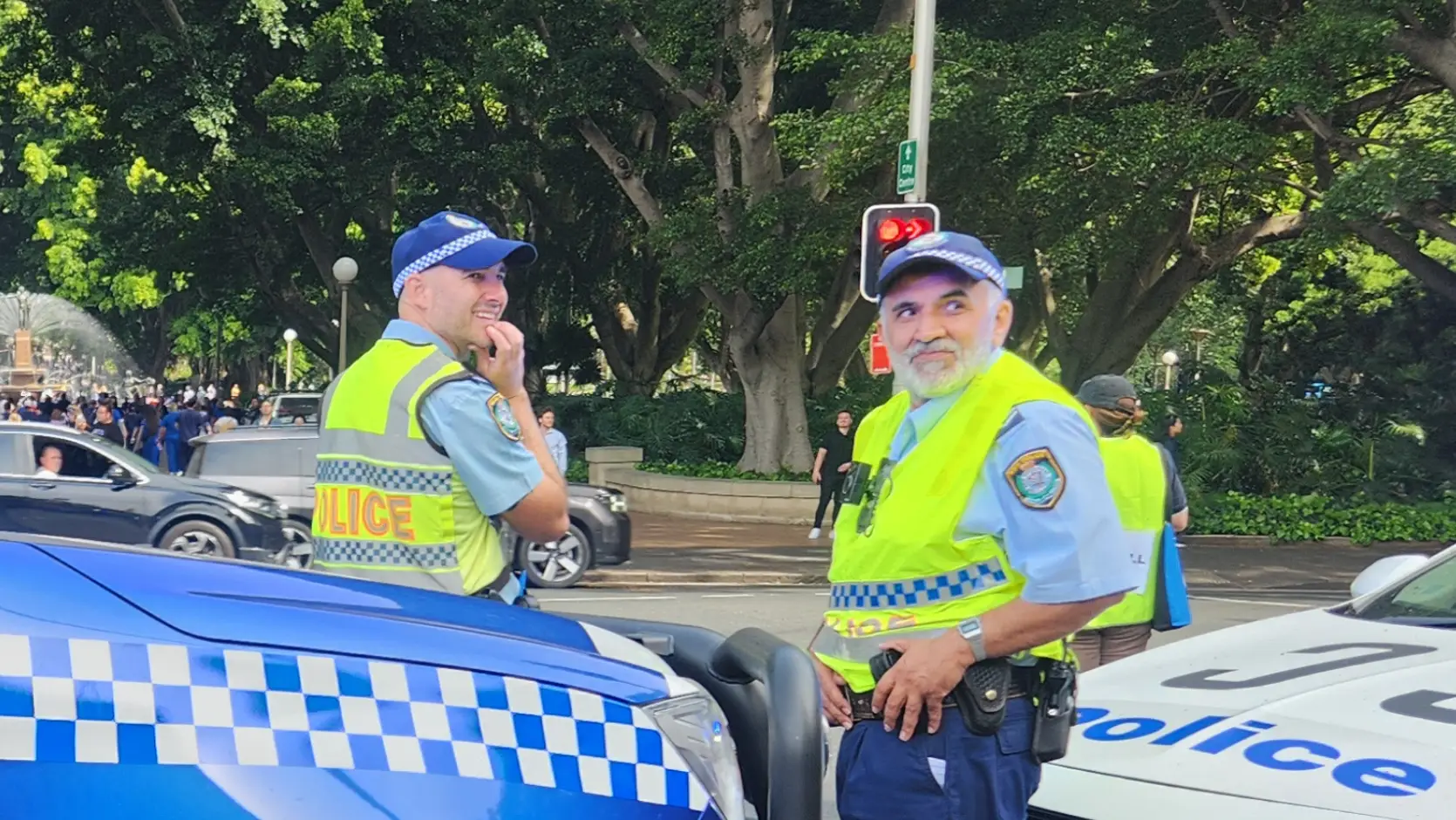Starting 1 October 2024, police insurance arrangements in NSW are changing. Police Blue Ribbon Insurance (PBRI) is being replaced by the Enhanced Police Support Scheme (EPSS), which introduces changes to Total and Permanent Disablement (TPD) coverage for officers.
What is Total and Permanent Disability (TPD) insurance?
TPD insurance is often included as default cover in superannuation funds. It was provided to NSW police officers as part of PBRI coverage through Aware Super, with benefits for terminal illness, death, total and permanent disablement (TPD), and income protection.
TPD offers financial protection if you become permanently disabled and cannot work in your usual or any qualified occupation. TPD benefits are typically paid as a lump sum to manage life changes due to permanent disability, covering things such as medical expenses, rehabilitation, home modifications and living costs.
Police insurance for TPD provides financial support in the case of career-ending injuries or illnesses of officers, who face higher physical and mental health risks in their job. These include the occurrence of PTSD, anxiety and other mental health related conditions.
Rationale for replacing police insurance scheme
The NSW government says the EPSS will better support NSW police officers who are injured at work, and put an end to “one of the most financially complex, onerous and unfair imposts imposed on NSW police for the past decade”. (Please see A better, fairer system to support NSW Police.)
The EPSS aims to offer improved off-duty support benefits for injured NSW police officers, whether their injuries occur on or off duty, and to streamline the claims process by eliminating the need to deal with multiple providers. (Please see NSW Police Force announce improved insurance and support scheme for officers.)
The EPSS also addresses the superannuation concessional cap issue. (Please see EPSS – FAQs.)
Under PBRI, NSW police insurance premiums were paid by the government, with a small contribution from officers, equal to 1.8% of the officer’s salary. This inflated their reported income, leading to the loss of various means-tested benefits, higher tax bills and restrictions on additional super contributions.
This rise caused officers to breach income thresholds, affecting their eligibility for benefits like health rebates, childcare rebates, family tax benefits and fair child support assessments.
However, officers should be aware of the changes to TPD coverage under the new police insurance scheme, which some argue will leave them worse off.
Lump sum payments for TPD to cease under EPSS
Starting 1 October 2024, Aware Super will no longer manage TPD claims for police officers, ending the traditional lump sum payments. Instead, the NSW Police Force will handle everything on its own under a self-managed model. (Please see Permanent solution to Concessional Cap issue, improvements to Police Blue Ribbon Insurance (PBRI).)
Under the new EPSS, instead of a TPD lump sum payment, officers will receive weekly workers’ compensation, as well as supplementary support payments for up to seven years for eligible officers who are injured on duty, with the possibility of extension of up to an additional three years in cases of catastrophic exceptional circumstances.
This move, from a one-time lump sum of standard TPD cover to ongoing support, is a significant shift in financial assistance for injured officers.
While income protection is currently capped at seven years at 75% of salary under PBRI, under the EPSS officers who are assessed as permanently incapacitated or catastrophically injured at the end of this seven-year period may be eligible for income protection payments to continue for another three years at the same rate (75% of salary).
In order to receive the additional three years of income protection payments under the EPSS, the officer will need to pass an “exceptional payment test”, convincing an independent panel of nominees from the NSW Police Force, the Police Association of NSW and the Police Minister that they are medically incapable of returning to any duty within the force.
All on-duty and off-duty death benefits remain unchanged.
How will these changes affect existing TPD claims under PBRI?
Existing TPD claims under PBRI will remain unaffected.
Officers who stopped working due to illness or injury before 1 October 2024 can still submit their TPD claims to Aware Super for assessment, provided they have received medical certification confirming that their illness or injury caused total and permanent disability.
TPD cover is available to officers until 1 October 2024, when the EPSS commences. Officers considering making a claim should contact an experienced TPD lawyer immediately.
Can police officers still purchase TPD insurance?
With the cessation of TPD insurance under the EPSS, NSW police officers might consider purchasing TPD insurance separately from an insurer or financial institution.
This cover can be bought alone or with life insurance, potentially leading to extra costs for officers.
Deciding whether to purchase TPD insurance involves considering factors such as potential disability costs, occupation risk level, affordability, adequate coverage levels and policy details.
For more information please see Police PTSD compensation claims and NSW emergency service workers have their own set of workers compensation rights.














